Ban the Box
Colorado’s “Ban the Box” law prohibits employers from asking about an employee’s criminal history or conducting a background check until a conditional job offer is made. As an employer you cannot ask about an applicant’s prior convictions until the end of the hiring process. Employers need to provide the hiring candidate with an offer letter that details the need for an employee background check.
As an employer you can ask only about: unsealed misdemeanors, any pending charges, and any felony convictions. Employees do not have to share about any past arrests that did not lead to a criminal conviction.
If you have any questions about this law, please contact EmployerESource. We’re here to assist you and ensure your practices remain compliant.
Contact EmployerESource to get a customized employee offer letter and form letter to match your legal requirements..
Break/Meal Period
Understanding and adhering to meal and rest period laws is essential for maintaining compliance and protecting your business. Under Rule 5, employees are entitled to uninterrupted meal breaks and compensated rest periods based on hours worked. Failing to provide these can result in wage violations and legal consequences.
EmployerESource makes compliance easy with our comprehensive Employee Handbook, which includes clear policies on meal and rest breaks, ensuring your business meets legal requirements while promoting a fair workplace. Stay compliant and protect your company—purchase your Employee Handbook today!
Deductions
Colorado employers cannot deduct wages from an employee’s paycheck for cash shortages, lost or damaged property, uniforms, necessary equipment, dishonored checks, or similar expenses.
Deductions are only permitted if they cover loans, advances, goods, services, or equipment provided to the employee under a written agreement. Employers may also deduct wages to replace losses due to employee theft, provided a report is filed with law enforcement and a court determines guilt. If no charges are filed within 90 days, charges are dismissed, or the employee is found not guilty, any withheld amounts must be returned with interest.
Employees may authorize deductions for revocable purposes such as insurance, savings plans, stock purchases, pension contributions, charitable donations, or financial institution deposits. Employers may also deduct wages to recover money or property the employee failed to return upon separation. In such cases, the employer has 10 days after termination to audit accounts and property before issuing final wage payment.
To ensure compliance and avoid costly legal issues, EmployerESource offers a comprehensive Employee Handbook outlining these policies and a payroll deduction authorization form to properly document employee-approved deductions. Stay compliant and safeguard your business—get your Employee Handbook today!
Employees Records Access
Colorado Employee Records Access law requires employers to grant employees access to their personnel files at least once a year, ensuring transparency in employment records. Former employees also have the right to a one-time file review post-termination. Proper record management is essential to maintaining compliance and avoiding disputes.
EmployerESource makes it easy with our Employee Handbook, providing clear policies on personnel file access, record retention, and employee rights. Protect your business and streamline compliance—order your Employee Handbook today!
Final Wages
Colorado final wage law mandates that employers promptly pay employees their final wages upon termination, whether through discharge, resignation, or labor disputes. Delays or failure to comply can result in significant penalties, including additional compensation owed to the employee.
Avoid costly disputes and ensure compliance with ease—EmployerESource’s Employee Handbook provides clear policies on wage payments, terminations, and labor disputes to help safeguard your business. Order your Employee Handbook today!
Garnishments of Pay
Colorado garnishment law prohibits employers from terminating employees due to wage garnishments. Violations can result in legal action, requiring reinstatement and compensation for lost wages. Additionally, employers may charge a processing fee of up to $5 per month for child support garnishments.
Ensure your policies align with state regulations to prevent costly disputes. EmployerESource’s Employee Handbook includes clear guidelines on wage garnishment protections, helping you navigate legal obligations with confidence. Order your Employee Handbook today!
Overtime
Employers must ensure compliance with overtime laws to avoid costly penalties and disputes. Employees are entitled to time and one-half pay for hours worked beyond 40 hours per workweek, 12 hours per workday, or 12 consecutive hours, regardless of shift start and end times. Whichever calculation results in the highest wages applies, ensuring fair compensation. Overtime cannot be averaged across workweeks, and multiple position pay rates must follow federal guidelines.
Stay compliant and safeguard your business with EmployerESource’s Employee Handbook, which includes a clear, legally sound Overtime Policy aligned with state and federal regulations.
Order your handbook today and protect your company from compliance risks!
Paid Family Leave
Colorado requires employers to provide paid family and medical leave for employees facing personal or family health challenges, including the birth of a child, a family member's serious health condition, or situations involving domestic violence and sexual assault. Employees are entitled to 12 weeks of paid leave, with possible extensions for pregnancy complications, and can access benefits for both planned and unforeseen medical needs.
The law outlines specific calculations for wages and benefits, including definitions of "family member," "serious health condition," and "domestic violence." Employers with 10 or more employees are required to contribute to the state program, with benefits structured around the employee’s average weekly wage. Importantly, employees are entitled to job restoration upon return from leave, ensuring no loss of employment status or benefits.
Protect Your Business with EmployerESource’s Employee Handbook
Stay ahead of compliance requirements by purchasing an Employee Handbook that includes clear, legally-sound policies for family and medical leave, tailored to meet the Colorado Paid Family and Medical Leave standards.
Order your handbook today to ensure your business stays compliant and your employees’ rights are fully protected!
Salary History
Under current law, employers are prohibited from seeking or relying on a prospective employee’s wage history to determine their compensation. Additionally, employers cannot discriminate or retaliate against employees for failing to disclose their wage history, discussing wage rates, or assisting in enforcing these rights. Employers are also forbidden from requiring employees to sign waivers that prevent them from sharing wage information.
To ensure compliance with these regulations and avoid potential legal risks, it is essential to have a clear, comprehensive employee handbook. EmployerESource offers an Employee Handbook that includes up-to-date policies on wage transparency and retaliation protections, tailored to your business needs.
Order your handbook today to safeguard your business, support fair wage practices, and foster a transparent workplace environment!
Sick Leave
Colorado employers are required to provide paid sick leave to employees. This law details how many hours the employees earn and what they will be allowed to use this time for.
In addition to the paid sick leave accrued by an employee, the act requires an employer, regardless of size, to provide its employees an additional amount of paid sick leave during a public health emergency in an amount based on the number of hours the employee works.
To ensure compliance with these regulations and avoid potential legal risks, it is essential to have a clear, comprehensive employee handbook. EmployerESource offers an Employee Handbook that includes up-to-date policies tailored to your business needs.
Order your handbook today to safeguard your business, support fair wage practices, and foster a transparent workplace environment!
Vacation
Employers in Colorado are not legally required to provide vacation benefits to employees. However, if a company offers vacation, personal time off (PTO), or holiday leave, it must adhere to the policies it establishes.
This makes it essential for businesses to adopt well-crafted, clear, and compliant vacation policies.
EmployerESource specializes in developing customized vacation and leave policies tailored to your business needs. Let us help you create policies that align with your goals while ensuring compliance and clarity for your employees.
Contact us today to get started!
Victim Leave Law
Under Colorado law, employees who are victims of domestic abuse, stalking, sexual assault, or related crimes are entitled to up to three working days of leave within a twelve-month period. This leave can be taken for purposes such as seeking protection orders, receiving medical care, or securing housing. Employers with 50 or more employees must comply with this requirement, ensuring that employees can use their leave without fear of retaliation or discrimination.
To ensure compliance and maintain a supportive workplace environment, it's crucial to have a well-crafted employee handbook. EmployerESource provides a comprehensive Employee Handbook that includes policies on leave for domestic violence victims, detailing the process for requesting leave, confidentiality, and the employer’s responsibilities.
Order your Employee Handbook today to stay compliant, protect your employees, and build a safer and more supportive work environment!
Voting Leave
Under Colorado law, eligible employees are entitled to take up to two hours off during the workday to vote in elections, without any fear of penalty or wage deduction. Employees who are paid hourly will receive their regular hourly wage for the time they are absent, up to two hours. This leave cannot be grounds for termination or discrimination, and employees must apply for the leave before the election day. Employers may determine the time for the leave, but it should align with the employee's preferred hours, either at the beginning or end of their shift.
To ensure compliance and avoid misunderstandings, it’s crucial to have a clear, written voting leave policy. EmployerESource offers a comprehensive Employee Handbook that includes this policy and more, ensuring your workplace remains compliant with election-related leave requirements.
Get your Employee Handbook today to safeguard your business and employees, and foster a supportive and legally compliant environment!

